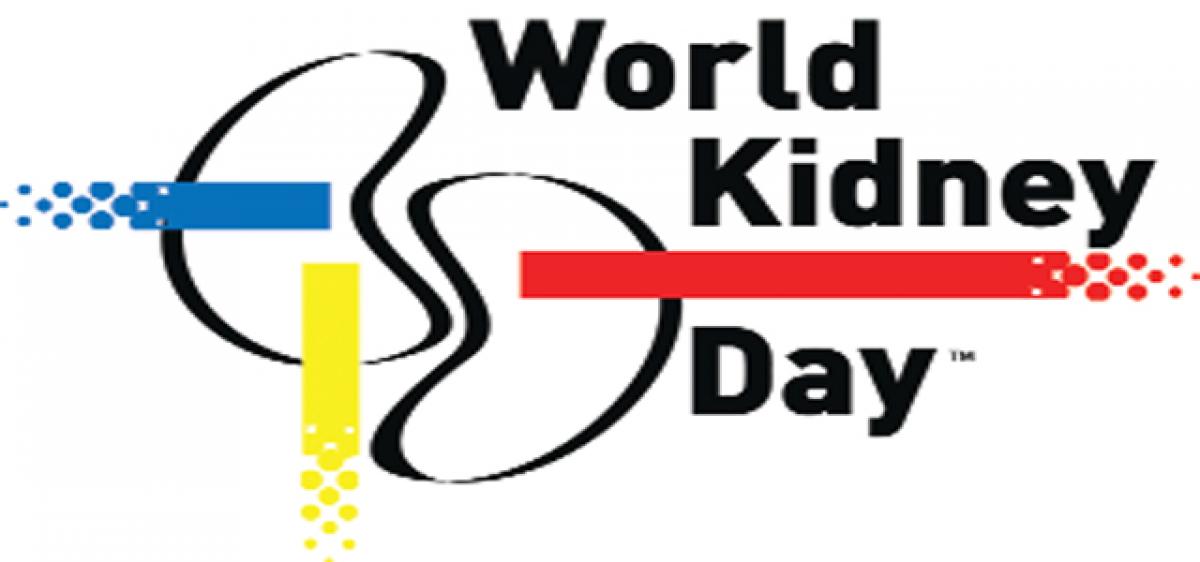Live
- Flood risk in low-lying areas of Chennai as Chembarambakkam Lake’s water level rises
- Pushpa 2 Theatre Canteen Owner Bites Customer’s Ear in Gwalior
- RG Kar tragedy: Statement of forensic doctor who took pictures of victim’s body crucial for CBI
- Include Valmiki community in ST list, MP Ambica pleads
- Nara Lokesh Urges Rapid Investment Approvals to Boost Employment in MSME Sector
- Chandrababu Advocates Strict Measures for Social Welfare and Infrastructure Development in AP
- Show of brotherhood by Vijayan, Stalin at event to honour Dravidian icon
- District Collectors’ conference with CM begins
- Celebrations kick off in Saudi Arabia to welcome FIFA World Cup 2034
- Google Unveils Jules AI to Help Developers Fix Code Errors









